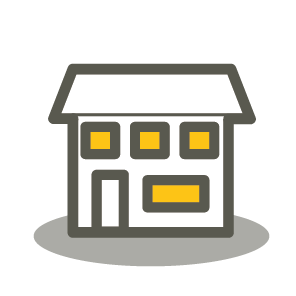One of the main aspects you need to think about when becoming Self Employed is the tax position and ensuring that you meet the tax reporting requirements.
When you become Self Employed you must notify HMRC by 5 October following the end of the tax year
You will need to keep clear and detailed records of income and expenses and ensure this includes invoices raised, payments received, as well as invoices paid and receipts which demonstrate costs incurred. We also recommend keeping a record of business mileage.
Sole traders are liable to class 2 & 4 National Insurance Contributions which will be paid through Self Assessment. You will also need to consider the VAT position of your business as you may need to become VAT registered. If you would like to discuss this, we can put you in touch with one of our VAT specialists.
Income tax is payable on the profit. The profit is calculated by deducted allowable expenses from your total income. Allowable expenses are defined as costs that are incurred wholly and exclusively for the purpose of your trade or profession.
Expenses eligible for claiming
- Direct costs – stock purchased for re-sale, materials
- Office costs – stationery, phone bills, computer software
- Travel costs – fuel, parking, public transport fares, hotel costs
- Work uniform / protective clothing – uniform required for work
- Staff costs – salaries and wages, subcontractor costs, training courses funded for staff development
- Financial costs – bank charges, overdraft fees, credit card charges
- Costs of premises – rent, council tax and utilities
- Advertising and marketing – website costs
- Accountancy and professional fees
- Insurance costs such as indemnity insurance
Other considerations
Trading allowance
If the total allowable expenses are below £1,000, across all trades for the tax year, we recommend claiming the trading allowance of £1,000 instead. Where this is claimed the profit is calculated by deducting the allowance from the revenue
Working from home
You may be able to claim a proportion of costs such as heating, electricity, telephone, and broadband. It is possible to claim the HMRC flat rates for working from home instead of a proportion of these costs, this can be more straightforward.
Mixed Use
Some expenses are used for personal and business purposes. In this scenario, only the proportion relating to the business use can be claimed as an allowable expense.
Capital allowances
You may also qualify for capital allowances which will be calculated and claimed through your tax return. Capital allowances are relevant where you do not use the cash basis and can be claimed on equipment, machinery and vehicles. Keep a record of new assets purchased for the business as well as assets sold so that these can be calculated.
If you have any questions, or would like to get in contact with us for more information, please use the contact form below:

